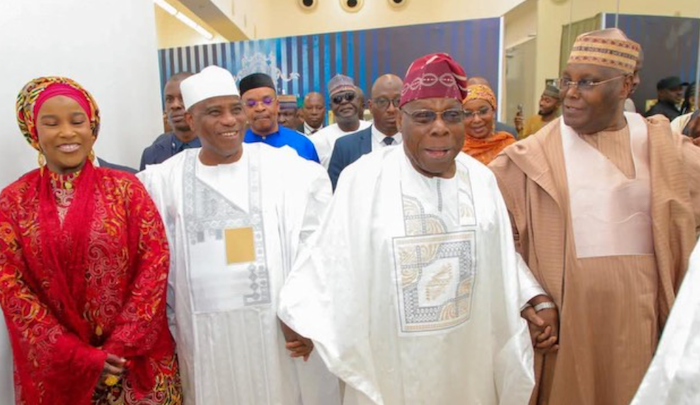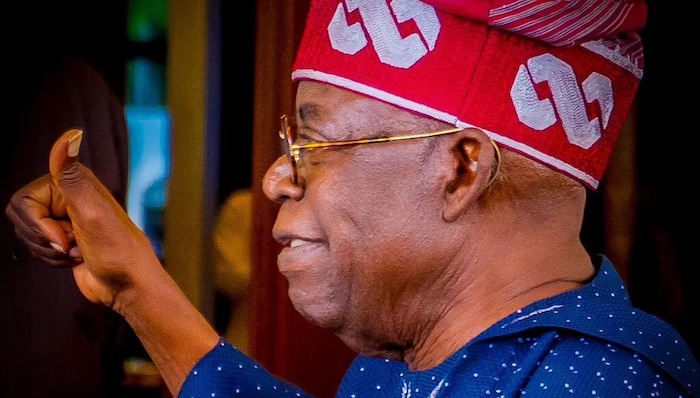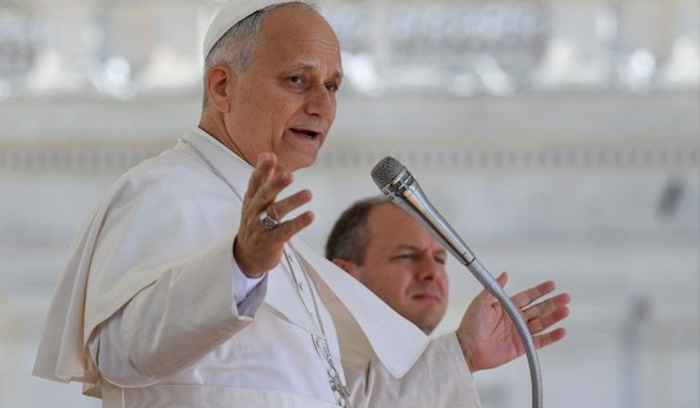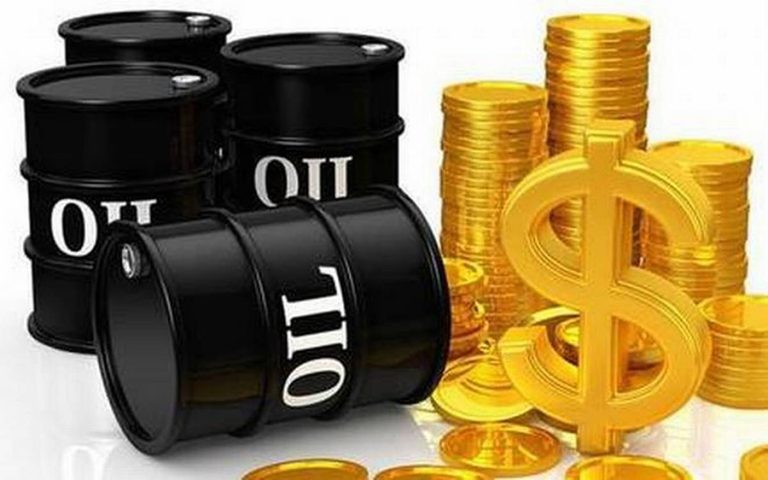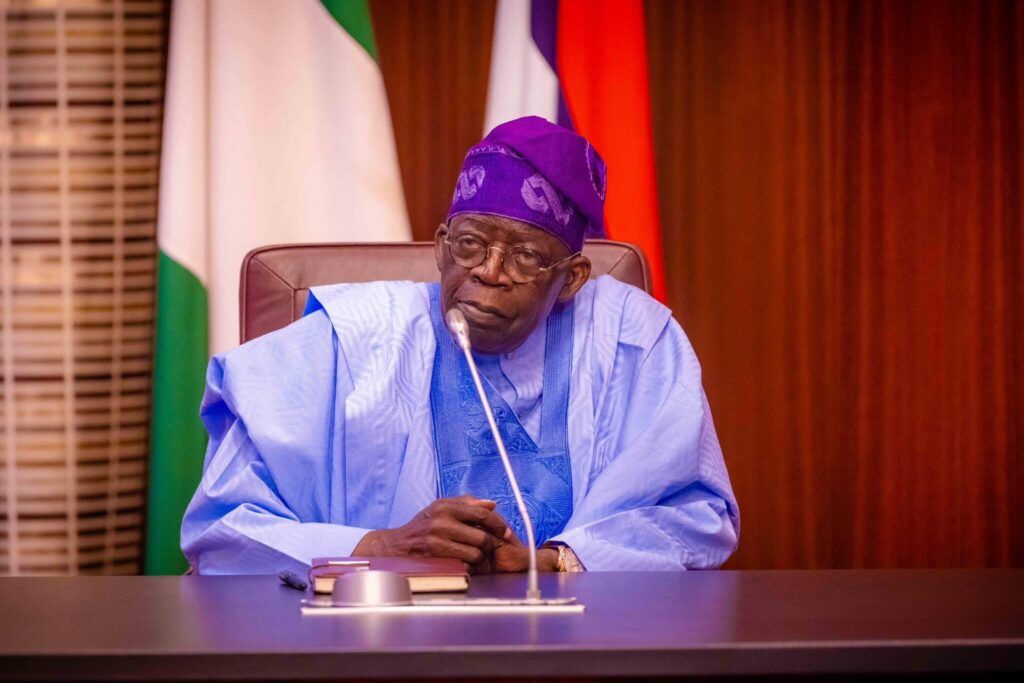
President Bola Ahmed Tinubu has said his decision to abolish Nigeria’s decades-old fuel subsidy was one of the most difficult yet vital steps needed to rescue the economy and redirect the country’s wealth toward the majority of its people.
In his address to mark Nigeria’s 65th Independence Anniversary, delivered on Wednesday, the President described the economy he inherited in May 2023 as “near-collapse,” adding that it was clear from the onset that tough reforms were inevitable.
“As a new administration, we faced a simple choice: continue business as usual and watch our nation drift, or embark on a courageous, fundamental reform path. We chose the path of reform. We chose the path of tomorrow over the comfort of today,” Tinubu said.
Subsidy Only Benefited a Powerful Few — Tinubu
The President was firm in his assessment of the fuel subsidy and foreign exchange regimes, calling them tools of economic sabotage that had long benefited a privileged few while leaving ordinary Nigerians behind.
“In resetting our country for sustainable growth, we ended the corrupt fuel subsidies and multiple foreign exchange rates that created massive incentives for a rentier economy, benefiting only a tiny minority,” he said.
“At the same time, the masses received little or nothing from our commonwealth.”
Funds Now Targeted at Critical Sectors
According to President Tinubu, money previously spent on subsidies is now being redirected into key sectors that will improve the standard of living for the majority of Nigerians including education, healthcare, security, agriculture, and infrastructure development.
“Following the removal of the corrupt petroleum subsidy, we have freed up trillions of Naira for targeted investment in the real economy and social programmes for the most vulnerable, as well as all tiers of government,” he stated.
Reforms Come with Pain, But Worth the Sacrifice
President Tinubu acknowledged that his administration’s reforms have led to economic hardship and rising costs, but insisted that the sacrifice is already producing visible results.
“I have always candidly acknowledged that these reforms have come with some temporary pains,” he said.
“However, the alternative of allowing our country to descend into economic chaos or bankruptcy was not an option.”
He added that current indicators of macroeconomic progress show the efforts are not in vain.
“Together, we are laying a new foundation cast in concrete, not on quicksand,” he declared.
Background: ‘Subsidy is Gone’ Shocked the Nation
President Tinubu first announced the end of fuel subsidy on May 29, 2023, during his inauguration as Nigeria’s 16th President, a declaration that sent shockwaves across the nation, immediately triggering fuel queues and sharp price hikes at filling stations.
Despite public backlash and labour union resistance, the administration stood its ground, citing the unsustainability of subsidy payments that reportedly cost the country trillions of naira annually.
